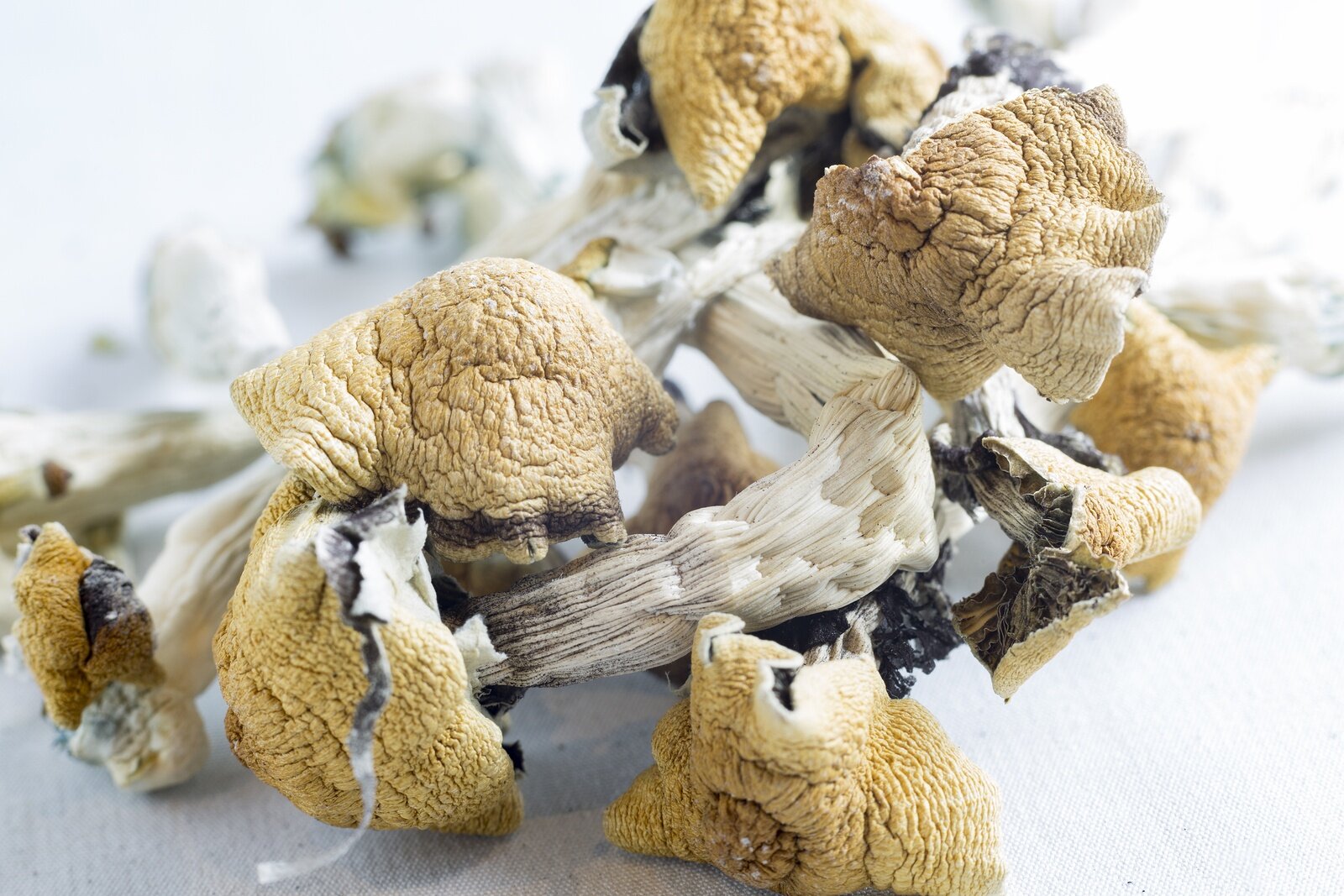
What is an En • the • o • gen?
An entheogen is a natural plant or fungi substance that initiates non-ordinary states of consciousness which can inspire cognitive, emotional, relational, and spiritual growth and healing. Entheogens are naturally occurring and have been consumed for millennia by humans. In many cultures they are sacred and some entheogens are already recognized as such by existing U.S. law. Leading medical researchers have clinically demonstrated that entheogens have significant healing outcomes for individuals suffering from conditions including addiction, depression, trauma and terminal illness.
Entheogens include: psilocybin containing “magic” mushrooms, mescaline containing cacti, iboga containing plants, and/or DMT-containing plants and preparations, such as ayahuasca.
Research
There is a substantial and rapidly growing body of research finding that entheogenic plants and fungi use can have mental health benefits, societal benefits, and can lead to personal and spiritual growth.
Leading medical researchers at Johns Hopkins, New York University, UCLA, the Imperial College in London, and elsewhere have clinically demonstrated that entheogens have significant healing outcomes for individuals suffering from conditions including addiction, depression, trauma and terminal illness. Below is a brief summary of existing research:
What are some of the mental health benefits of entheogenic use?
A variety of studies have found that psilocybin and ayahuasca can produce dramatic and lasting reductions in the symptoms of treatment-resistant depression.
Psilocybin can reduce symptoms of obsessive-compulsive disorder (OCD).
Psychedelic-assisted psychotherapy can reduce depressed mood, anxiety, and death anxiety; and increase quality of life, life meaning, and optimism in cancer patients.
Psilocybin can be a useful tool for lowering psychological defenses and treating PTSD.
Lifetime use of psychedelics has been associated with significantly reduced odds of psychological distress and suicidal planning and suicide attempts.
There is recent evidence that psilocybin can be highly effective for smoking cessation and more clinical trials are currently underway.
A large body of literature dating back to the 1950s has found that psychedelics are effective at treating alcoholism and reducing alcohol misuse.
Ibogaine is emerging as one of the most effective treatments for opioid use disorder, reducing or eliminating withdrawal symptoms and preventing relapse.
What are some of the societal benefits of entheogenic use?
Administration of psilocybin has led to perceptions of an increased connection to nature and lifetime psychedelic use predicts pro-environmental behavior such as saving water and recycling.
Psychedelic use is associated with reduced rates of criminality across a wide range of measures, including a reduced likelihood of: supervision failure and recidivism, larceny/theft, assault, arrest for property crimes, arrest for violent crimes, and intimate partner violence.
What are some of the ways entheogenic use promotes personal and spiritual growth?
Entheogens can induce mystical and spiritual experiences, including a sense of unity, transcendence of time and space, and positive mood. Users often rate their trip as “one of the five most personally significant experiences in their life.”
Psilocybin use can lead to positive changes in personality; such as increases in empathy, openness, conscientiousness, and extraversion and decreases in neuroticism.
Psychedelic use can facilitate creativity and problem-solving.
Ritualistic and long-term use of ayahuasca has led to higher ratings of well-being, life-purpose, and prosocial behavior, as well as perceptions of a more healthy lifestyle and reduced prescription drug use.
High-dose psilocybin sessions in combination with meditation can lead to increases in prosocial attitudes and behaviors and healthy psychological functioning, including in measures of interpersonal closeness, gratitude, life meaning/purpose, forgiveness, death transcendence, daily spiritual experiences, and religious faith and coping.
